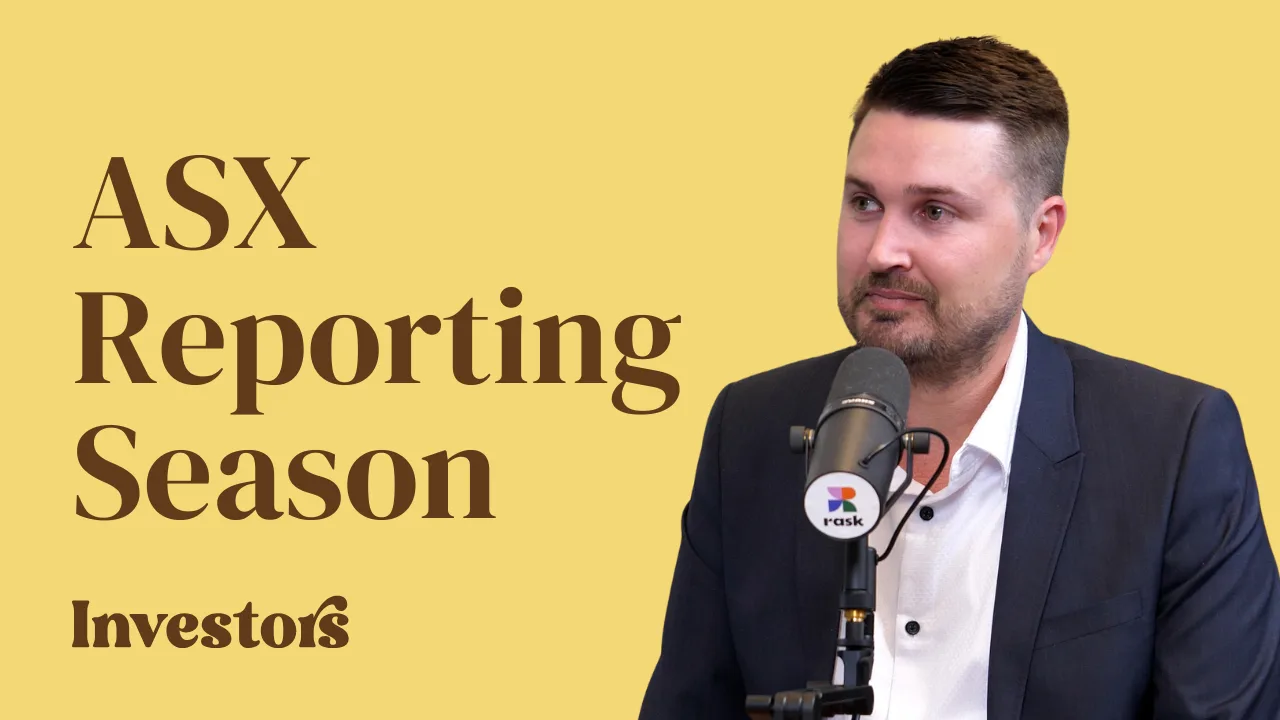The Australian Securities and Investment Commission (ASIC) released its report into conflicts of interest in financial advice yesterday afternoon.
The report seemingly confirms what many in the financial services industry have said for years – bank-based financial planners overwhelmingly do not act in their customers’ best interests.
The report focused on five firms:
- AMP Financial Planning and Charter Financial Planning – owned by AMP Limited (ASX: AMP)
- Millennium 3 Financial Planning and ANZ Financial Planning – owned by Australia and New Zealand Banking Group (ASX: ANZ)
- Count Financial and Commonwealth Financial Planning – owned by Commonwealth Bank of Australia (ASX: CBA)
- GWM Adviser Services and NAB Financial Planning – owned by National Australia Bank Ltd. (ASX: NAB)
- Securitor Financial Group and Westpac Financial Planning – owned by Westpac Banking Corp (ASX: WBC)
In reviewing a sample of client files, ASIC found that in 75% of the advice files reviewed, the advisers did not demonstrate compliance with the duty to act in the best interests of their clients. Further, 10% of the advice reviewed was likely to leave the customer in a significantly worse financial position.
Affected clients will be reimbursed by the banks responsible, according to ASIC. The Australian Financial Review also recently reported that the level of compensation is likely to rise significantly, on top of the millions of dollars already announced.
ASIC’s report comes at the worst possible time for the big banks, which are already grappling with numerous scandals. Commbank alone has been hit by accusations of poor financial advice and life insurance, permitting extensive money laundering through its ATMs, and more.
As we wrote last week, the government has also launched a long-awaited inquiry into the financial services sector, via the Royal Commission, which many expect will identify numerous problems in the industry.
One of Rask Media’s core beliefs is that it is very hard for an adviser to act solely in the best interests of a client if they are paid more to offer certain products or to sell larger volumes of products. Personal financial advice given to a client should be based solely on the client’s needs and financial goals.
Our Most Popular Stories:
Disclaimer: This article contains general information only. It is no substitute for licensed financial advice and should not be relied upon. By using our website you agree to our Disclaimer & Terms of Use and Privacy Policy.












